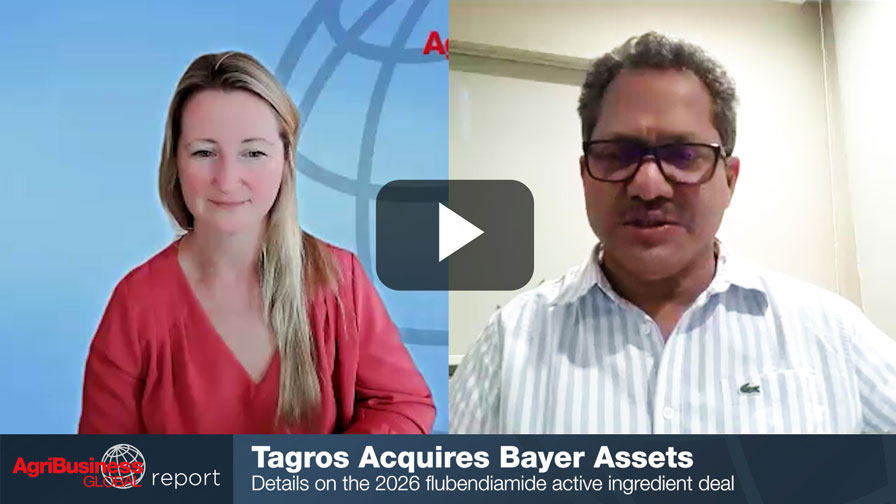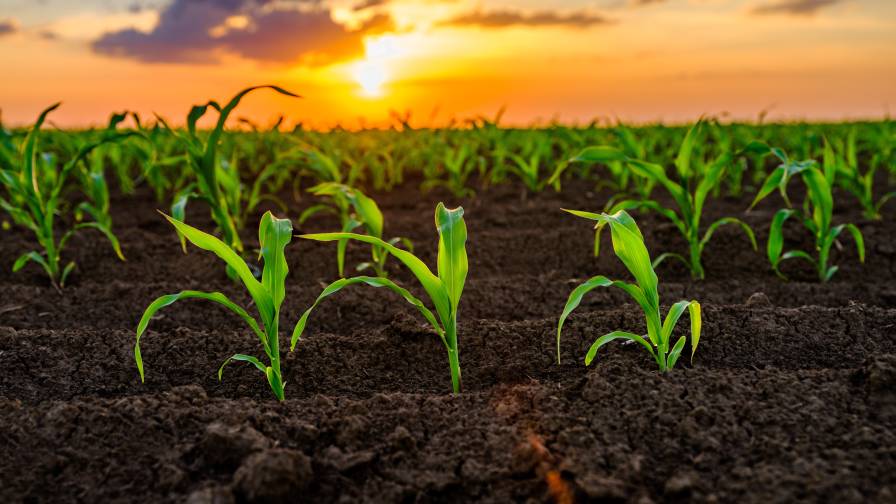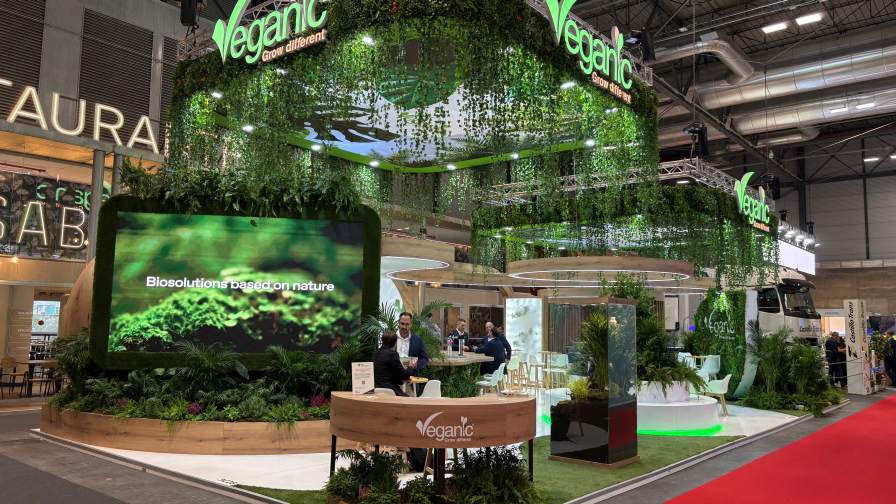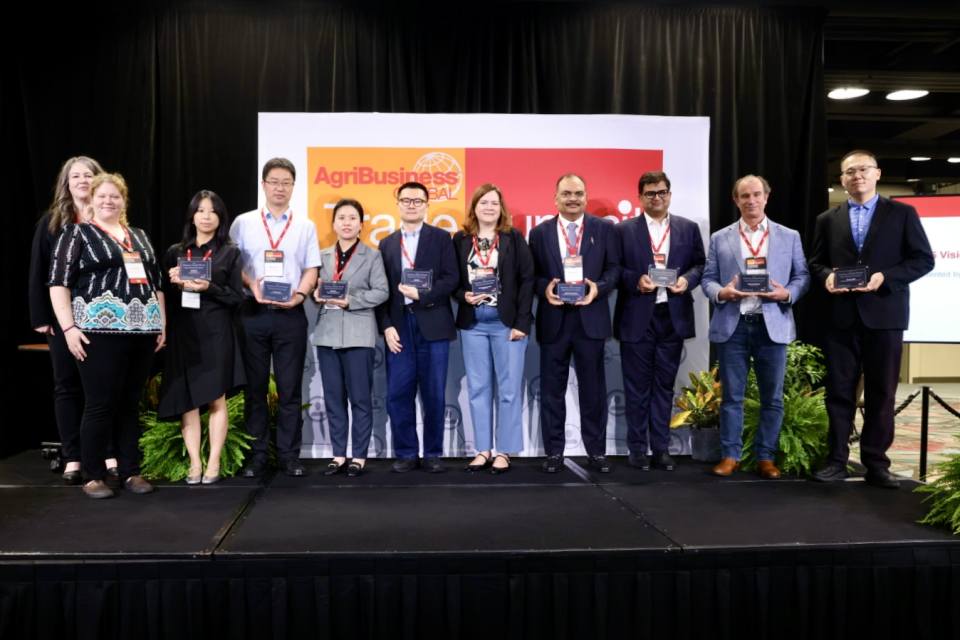Against the Odds, Ag Leaders Push for Freer Trade, Biotech Acceptance
BRUSSELS, Belgium – The world population is on track to add two billion people in a few short decades, but international trade isn’t getting any easier – a troubling trend that agricultural leaders at the recent World Agricultural Forum said still has the potential to reverse course.
In her keynote address in the de facto capital of the European Union, Sandra Peterson, CEO of Bayer CropScience, said the private sector can drive agriculture and meet the world’s food security challenges, but only within less obstructive governmental frameworks.
“Our industry is not concerned that we might run out of innovative ideas to safeguard crops, but we are concerned about the regulatory and political obstacles on the last mile to the market,” said Peterson, adding, “Fostering a regulatory climate that facilitates trade flows, as well as the transfer of technology and know-how, is of the essence. I urge regulators on both sides of the Atlantic to seize this unique opportunity to deal with issues of sustainable and productive agriculture, infrastructure and with the challenge of small-scale farming.”
Peterson was referring to the Farm Bill and the Common Agricultural Policy (CAP), the US and EU’s respective farm policies that legislators are reviewing simultaneously. Critics say the policies’ hefty subsidies – CAP accounts for 40% of the entire budget of the EU – undercut the ability of farmers from developing countries to maximize production for exports and generate enough income to feed their own populations. Eliminating or reducing subsidies could help boost economic development in those nations, they say.
Some forum participants pointed to the example of Argentina, which has a highly developed agricultural system but at the same time, imposes heavy-handed taxes on farmers’ export values and profits. In addition, a new law is being debated there that would restrict foreign ownership of total land available at 20%, and sets a per-buyer limit of 1,000 hectares.
During one roundtable discussion, an audience member asked the panel why the country “isn’t more attractive to investors.”
Daniel Hough, European head of Macquarie Agricultural Funds Management, put the blame on counterproductive policies.
“For us and our investors, we just can’t get our head around a government that continually intervenes, taxes farmers and blocks farmers from selling certain types of soybeans to protect an industry. All of this carries too much country risk,” Hough explained.
The Food and Agriculture Organization of the United Nations has reported that $100 billion needs to be invested in developing markets if the projected necessary 70% increase in food production is achieved.
“Money flows where opportunity is, but it’s also worried about risks, and risks in the agribusiness sector are quite high. There is a sort of paradox at the moment between seeing the opportunity and knowing how to invest,” said Bruce Tozer, head of EMEA sales, softs and agricultural products at Credit Agricole Corporate Investment Bank. “I think the role of government in facilitating policy that enables investment in agriculture is crucial, and I don’t think it necessarily has to be price supports.”
Tozer noted, however, that the US government’s subsidization of biofuels will be looked upon, in hindsight, as a positive move for the sector.
“You can criticize it on many levels. But it certainly helped trigger reinvestment in agriculture at a time when things were going the other way,” he said.
‘LOW-COST’ TRADE FACILITATION
Building roads and ports and generating electricity are costly outlays, but facilitating trade in other ways need not be, said John S. Wilson, lead economist at the World Bank.
Barriers to trade in developing countries create “thick” borders, and are usually related to corruption and bribes, lack of transparency in regulation and out-of-sync standards that stem from domestic concerns.
Reducing the time it takes to export goods by just one day can increase agricultural exports by 4.51% and industrial exports by 3.38%, Wilson said.
“One of the most important ways to ensure food security is to lower trade transaction costs. That, I would argue, constitutes one of most significant components of the relatively high cost of food,” he said.
“The problem isn’t land availability but putting the land into production,” said Geraldine Kutas, senior advisor at the Brazilian Sugarcane Industry Association (UNICA). “Protectionist policies promoting inefficiencies in agricultural production must be repealed. Investments must be to put the land into production and to increase yields needed rather than to support subsidies.”
Deregulation of Brazilian markets helped the country’s agricultural sector more than quadruple between 1975 and 2008. Brazil is now the world’s leading producer of sugar and second-largest producer of beef, ethanol and soybeans.
But even with freer trade policies in place, corruption remains an issue, particularly in Africa, panelists said.
BIOTECH BARRIER
In connection with the push for freer trade, the call for Europe to accept biotechnology echoed throughout the conference. The mood was skeptical that public attitudes and government policy will shift anytime soon.
“Biotech will not be accepted and adopted everywhere – I wish it were,” former US Secretary of Agriculture Clayton Yeutter said in an interview with Farm Chemicals International.
A European Commission survey conducted in 2010 on consumer attitudes toward GMOs showed nearly 60% believe GMOS are a threat to the health of themselves and their families.
The climate of fear has led European politicians to impose “unjustified and unscientific restrictions on the innovative technologies and products which will be crucial to increasing crop yields, protecting biodiversity and reducing the impact of climate change,” said Dominic Dyer, chief executive of the UK Crop Protection Association.
GMOs face tough restrictions in the EU, but they are still pervasive in the food chain. Biotech crop adoption in the region expanded to eight countries last year, following approval of BASF’s Amflora potato – the first approval for planting in 13 years in the EU – according to the International Service for the Acquisition of Agri-Biotech Applications.






